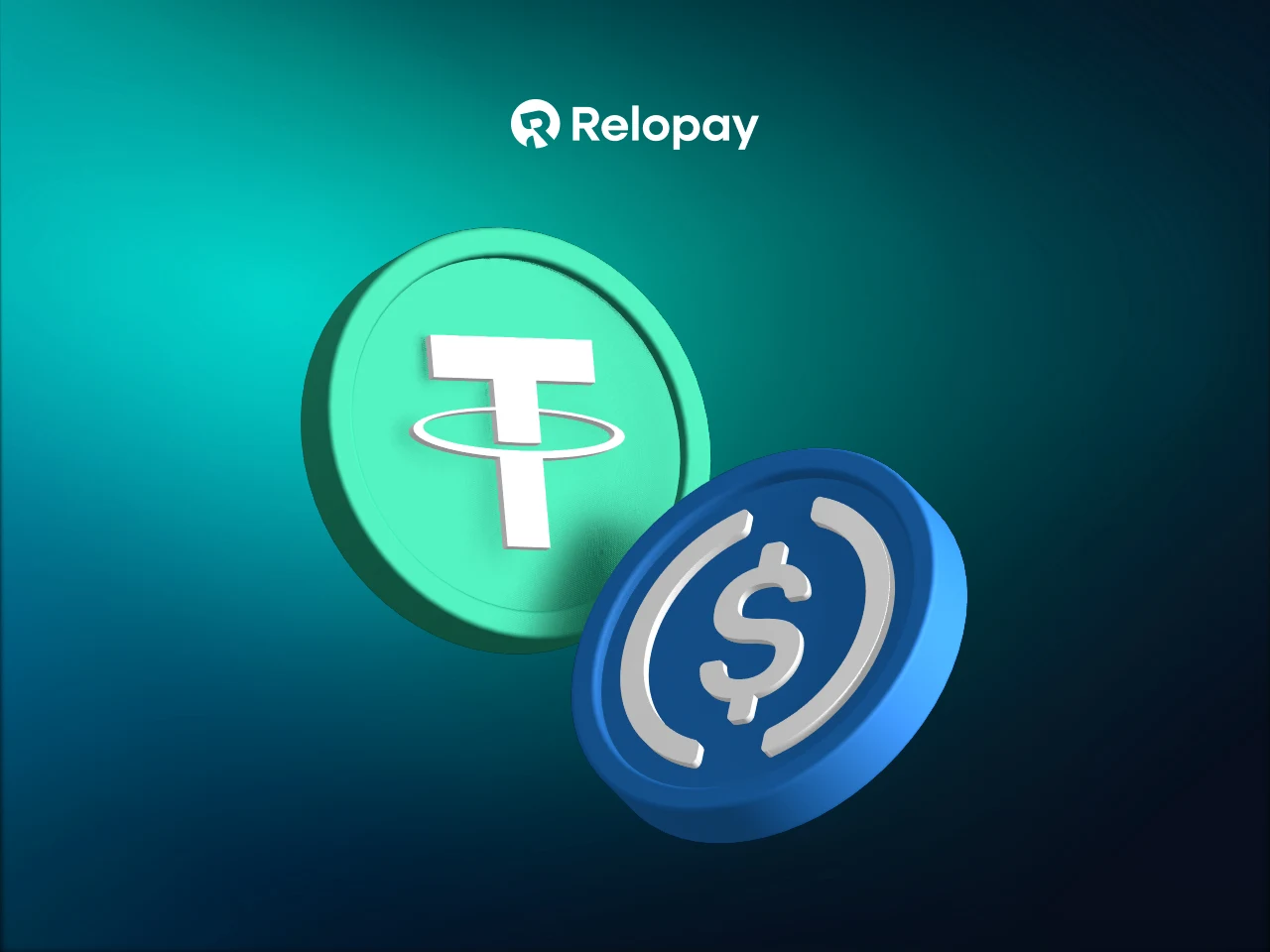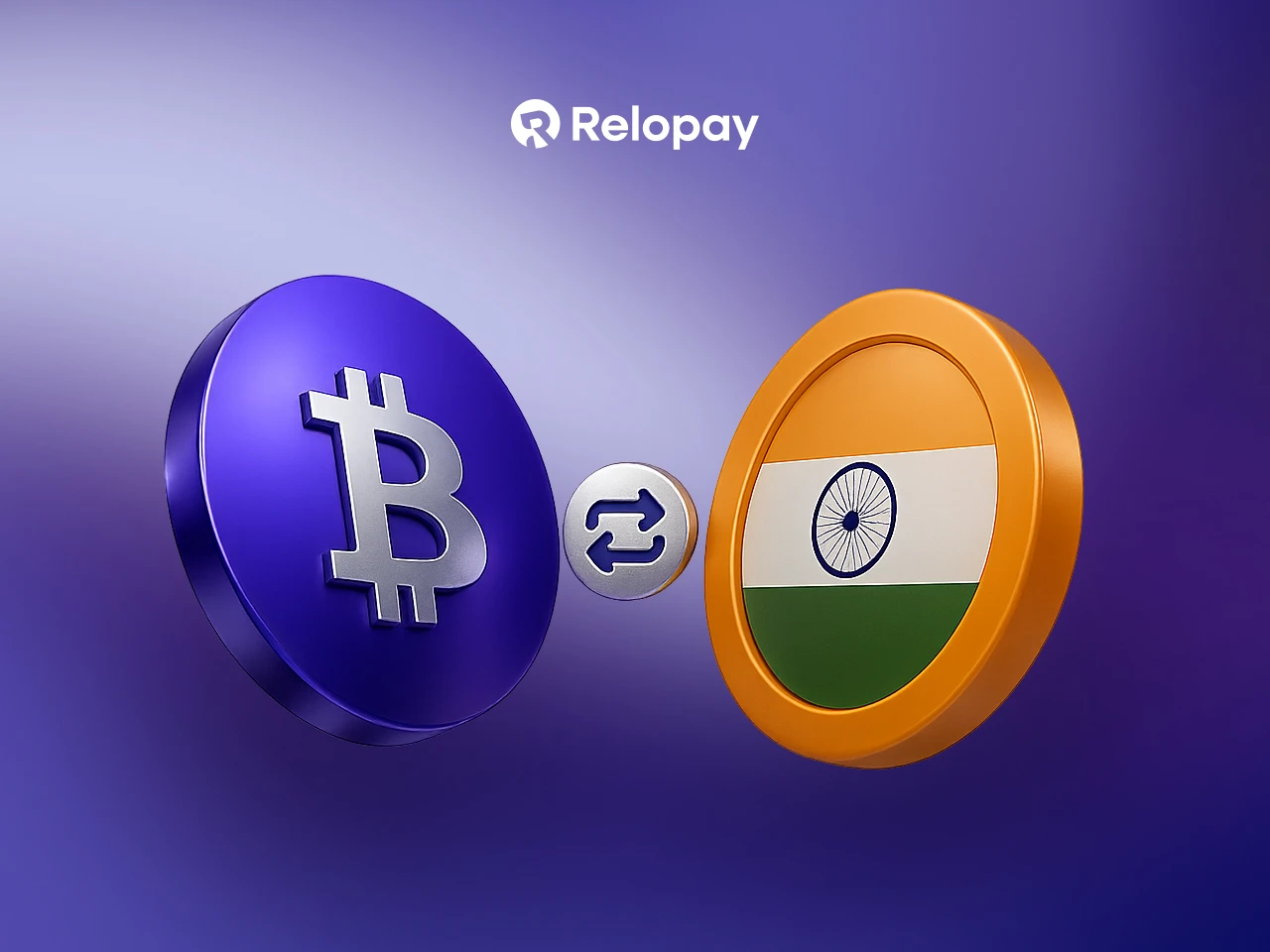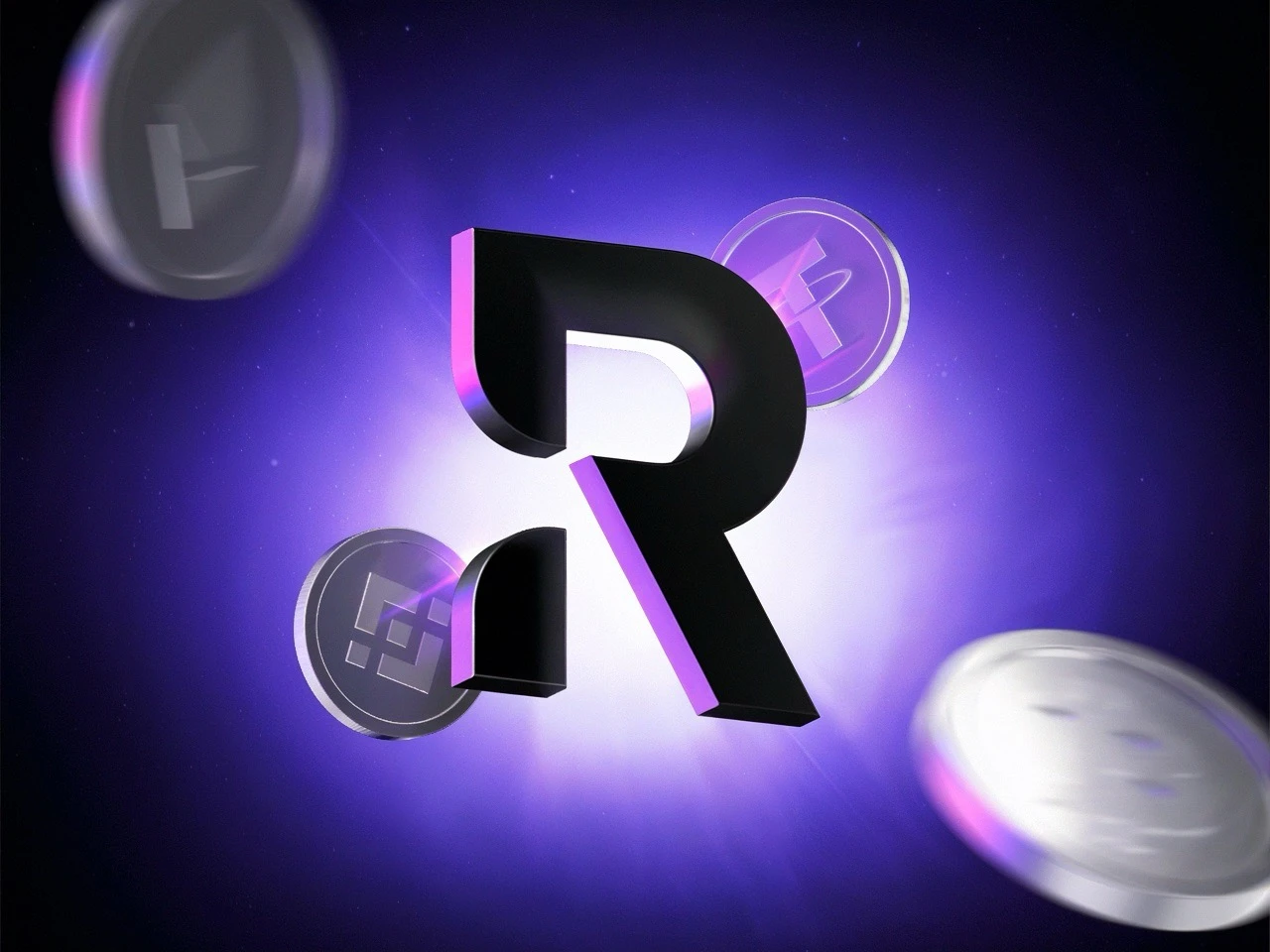In the fast-growing world of digital finance, stablecoins are taking on a central role. They reduce the wild price swings of cryptocurrencies while keeping the trust of traditional money. For both new users and professional traders, learning how they work can open safer and more practical ways to use digital assets.
Understanding Stablecoins in Simple Terms
A stablecoin is a digital currency designed to keep its value steady. Unlike Bitcoin or Ethereum, which can move sharply with market changes, these tokens are tied to assets such as the US dollar, euro, or even gold. This makes them useful for everyday cryptocurrency payments, savings, and international transfers with lower risk of sudden losses.
With them, you can send a quick USDT payment, handle your Starlink crypto bill, or even buy a virtual Visa card with cryptocurrency.
How They Stay Stable
There are several methods that keep these tokens steady:
Reserve-Backed Models
Each coin is backed by real money kept in reserve with a trusted custodian, usually in the form of US dollars or euros. For example, holding one USDC means there is one actual dollar stored in a bank account to guarantee its value, keeping the ratio at 1:1.
Backed by Digital Assets
These use cryptocurrencies as collateral. To protect against volatility, they require more value in reserve than the tokens issued. For instance, locking $2 in ETH to mint $1 in DAI.
Supply-Controlled Systems
Here, algorithms adjust the number of coins in circulation. More tokens are created when demand is high and removed when it falls.
Why They Matter in the Market
- Reduced Volatility
They let users avoid sharp price swings common to other coins.
- Faster Global Transactions
Cross-border payments that normally take days can be finished in minutes and cost far less.
- Liquidity for DeFi
They power decentralized finance by providing reliable assets for lending, borrowing, and yield farming.
- Connection with Traditional Finance
Pegged to fiat money, they integrate easily with a cryptocurrency Mastercard or Visa card, making it possible to pay with Bitcoin or stable assets anywhere Visa is accepted.
- Protection Against Inflation
In high-inflation economies, they serve as a safer digital store of value.
Risks You Should Know
Although built for stability, risks still exist:
- Market pressure - large swings in reserves can affect the peg.
- Regulation - as cryptocurrency payment systems expand, governments may impose stricter rules.
- Operational limits —-fiat-backed coins depend on custodians, while algorithmic models rely entirely on code.
To improve trust, issuers such as USDC publish regular third-party audits confirming reserves.
Where They Are Heading
These digital tokens have gone beyond niche use. Today they are shaping how people pay, save, and move money worldwide. From fast crypto payments to shopping online with a borderless prepaid card, their applications continue to grow.
As adoption rises and new regulations appear, they are set to play an even bigger role in both digital and traditional finance. For anyone interested in the best Visa crypto cards, trying a crypto prepaid card, or looking for safer ways to transact, these currencies provide the reliability that makes it all possible. With Relopay, you can turn stablecoins into everyday spending power, bridging digital assets with global payments.











